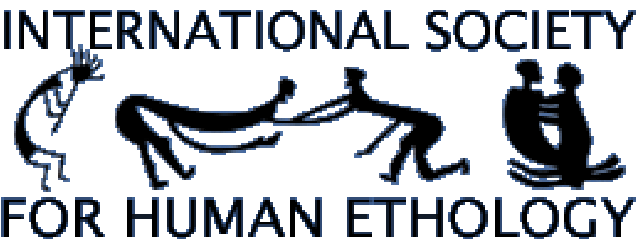Archives
Use the links below to browse the Human Ethology archives
Human Ethology (2011 onwards)
Our peer-reviewed scholarly journal is now hosted on its own platform
Human Ethology Bulletin (1995-2010)
From 1995 to 2010, Human Ethology Bulletin acted as ISHE’s newsletter
Human Ethology Newsletter (1974-1994)
